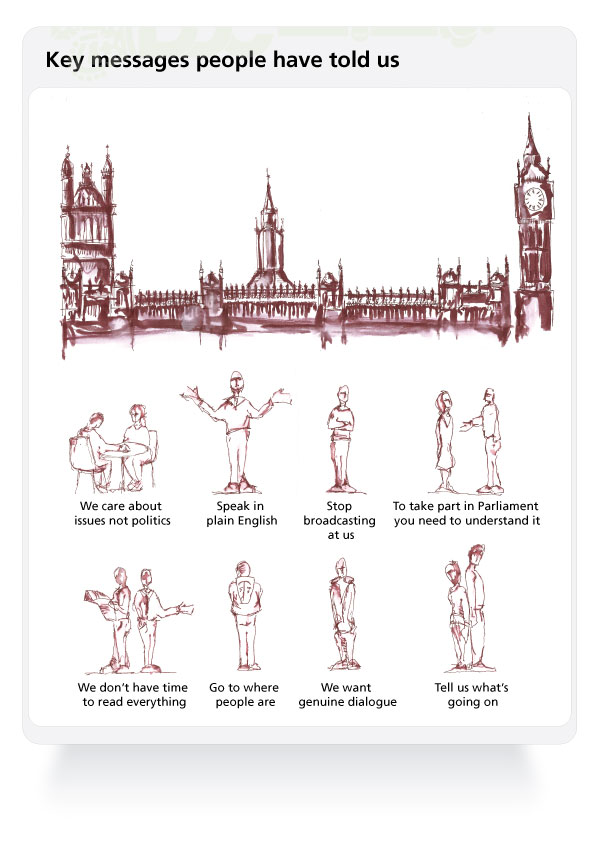Speech by David Fricker, the director general of the National Archives of Australia: “No-one can deny that we are in an age of information abundance. More and more we rely on information from a variety of sources and channels. Digital information is seductive, because it’s immediate, available and easy to move around. But digital information can be used for nefarious purposes. Social issues can be at odds with processes of government in this digital age. There is a tension between what is the information, where it comes from and how it’s going to be used.
How do we know if the information has reached us without being changed, whether that’s intentional or not?
How do we know that government digital information will be the authoritative source when the pace of information exchange is so rapid? In short, how do we know what to trust?
Consider the challenges and risks that come with the digital age: what does it really mean to have transparency and integrity of government in today’s digital environment?…
What does the digital age mean for government? Government should be delivering services online, which means thinking about location, timeliness and information accessibility. It’s about getting public-sector data out there, into the public, making it available to fuel the digital economy. And it’s about a process of change across government to make sure that we’re breaking down all of those silos, and the duplication and fragmentation which exist across government agencies in the application of information, communications, and technology…..
The digital age is about the digital economy, it’s about rethinking the economy of the nation through the lens of information that enables it. It’s understanding that a nation will be enriched, in terms of culture life, prosperity and rights, if we embrace the digital economy. And that’s a weighty responsibility. But the responsibility is not mine alone. It’s a responsibility of everyone in the government who makes records in their daily work. It’s everyone’s responsibly to contribute to a transparent government. And that means changes in our thinking and in our actions….
What has changed about democracy in the digital age? Once upon a time if you wanted to express your anger about something, you might write a letter to the editor of the paper, to the government department, or to your local member and then expect some sort of an argument or discussion as a response. Now, you can bypass all of that. You might post an inflammatory tweet or blog, your comment gathers momentum, you pick the right hashtag, and off we go. It’s all happening: you’re trending on Twitter…..
If I turn to transparency now, at the top of the list is the basic recognition that government information is public information. The information of the government belongs to the people who elected that government. It’s a fundamental of democratic values. It also means that there’s got to be more public participation in the development of public policy, which means if you’re going to have evidence-based, informed, policy development; government information has to be available, anywhere, anytime….
Good information governance is at the heart of managing digital information to provide access to that information into the future — ready access to government information is vital for transparency. Only when information is digital and managed well can government share it effectively with the Australian community, to the benefit of society and the economy.
There are many examples where poor information management, or poor information governance, has led to failures — both in the private and public sectors. Professor Peter Shergold’s recent report, Learning from Failure, why large government policy initiatives have gone so badly wrong in the past and how the chances of success in the future can be improved, highlights examples such as the Home Insulation Program, the NBN and Building the Education Revolution….(Full Speech)


